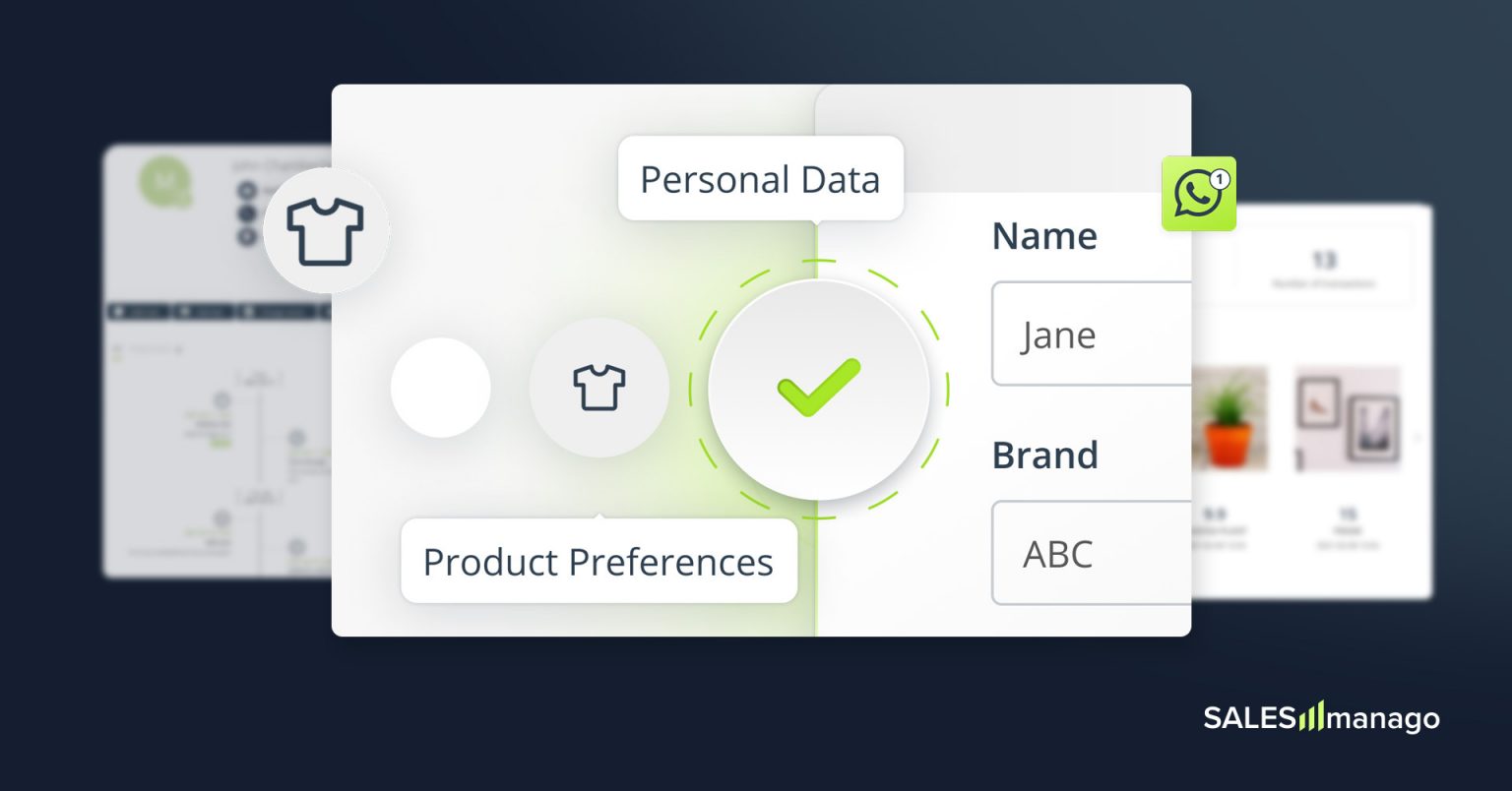
Since 2020, Google has been announcing plans to remove third-party cookies from Chrome to enhance user privacy. However, on July 22, Google revealed that they are no longer moving forward with this plan. So, should we even care anymore?
Earlier this year, Google began a phased rollout of third-party cookie deprecation to 1% of Chrome users, intending to extend this to everyone by the year’s end. But now, they’ve reversed course, seemingly having misjudged the impact of such a move.
Google’s New Idea for Privacy
In a blog post by Anthony Chavez, VP of Privacy Sandbox, Google explained that after testing and feedback, they will not be deprecating third-party cookies. Instead, they plan to introduce a new experience in Chrome that allows users to make informed choices about their web browsing privacy and adjust those choices at any time. Google also plans to offer additional privacy controls, such as IP Protection in Chrome’s Incognito mode.
The Unknowns
Currently, many details about Google’s new approach remain unclear. They are consulting with regulatory authorities and partners, and more information about the technical aspects and user changes will likely emerge soon. However, the immediate question is: What does Google’s decision mean for business operations?
While the decision to maintain third-party cookies is clear, several uncertainties remain:
What will the new cookie management tool/interface look like? Will users be able to become invisible across all websites?
Google has announced further investments in the Privacy Sandbox project, originally intended to replace third-party cookies. Will this serve as an alternative if users reject third-party cookies globally? What incentive will there be to invest in the Privacy Sandbox if users can opt-out with one decision?
How will competitors respond to Google’s decision? Will we see continued development of alternatives to third-party cookies, and will this decision spur or hinder such efforts?
Google’s statement has sparked speculation and expectations for future moves, not just from Google but across the industry. However, despite the buzz, it seems likely that digital businesses will continue as usual.
What’s Certain
In 2024, companies have already adapted to the idea that third-party cookies might be phased out. The focus now is on developing technology that respects user decisions while still allowing data usage in a way that benefits the user. If users see the benefit in sharing their data, they are more likely to click “accept.”
Marketers aim to deliver highly personalized experiences based on unique, valuable data that goes beyond third-party datasets. First-party and zero-party data are:
Proprietary: They cannot be cut off by a provider.
Unique: These data sets come from actual interactions with your brand, offering insights into customer needs.
Precise and Flexible: They allow you to tailor marketing efforts to even non-obvious but valuable customer segments.
Naturally Developing: Over time, as you gather more information, your personalization strategies improve.
Green: More precise marketing communication leads to fewer returns, reducing your carbon footprint.
Fair: Relationships based on trust and fair communication foster strong customer bonds.
Third-party data is just the starting point. For genuine customer engagement, first-party data (collected through tools) and zero-party data (voluntarily provided by customers) are essential.
#growthhack – Gathering Zero-Party Data Effectively
Will customers share their data with you? No worries—83% of consumers are willing to share their data for a more personalized experience (Accenture). Failing to deliver personalization can annoy customers, with 71% feeling frustrated by impersonal shopping experiences (Segment).
To succeed, you should:
Convince customers that sharing their data will enhance their brand experience and personalize their offers.
Request small amounts of information at a time to avoid overwhelming customers.
Use the acquired data immediately to deliver on your promise.
While this sounds great in theory, implementing it can be challenging. Here’s a comprehensive guide on gathering zero-party data in multiple steps to create meaningful customer relationships.
Latest posts

Why MCP is the Key to Unifying the MarTech Stack and Scaling AI
The eCommerce landscape is clear: AI is the future of growth. But this promise is constantly being challenged by a single problem: fragmentation. We must shift from a situation where integrating two systems takes months of engineering work to where complexity is handled by the platform, and we can focus on business execution.

The Stranger Trends of November 2025: A Campaign Guide for the 'Black Time'
Welcome to the table, traveller. Grab your dice and pour a strong cuppa. We are entering the darkest chapter of the 2025 campaign: The Black Time for Promo. The Dungeon Master has set the Difficulty Class to 25, the fog of the "Upside Down" has rolled into the marketplace, and the reliable spells you cast in Q3 are fizzling out.In this session, you a...

Top 10 Marketing Automation Tools for eCommerce Start-ups for 2026
In 2026, building momentum quickly is everything. For ambitious startups, a modern marketing automation platform is the multiplier. These systems help you send the right message at the right time, reduce repetitive work, and turn leads into customers without burning out your team. We'll explore ten tools that move you beyond basic email to personalised, unified ...